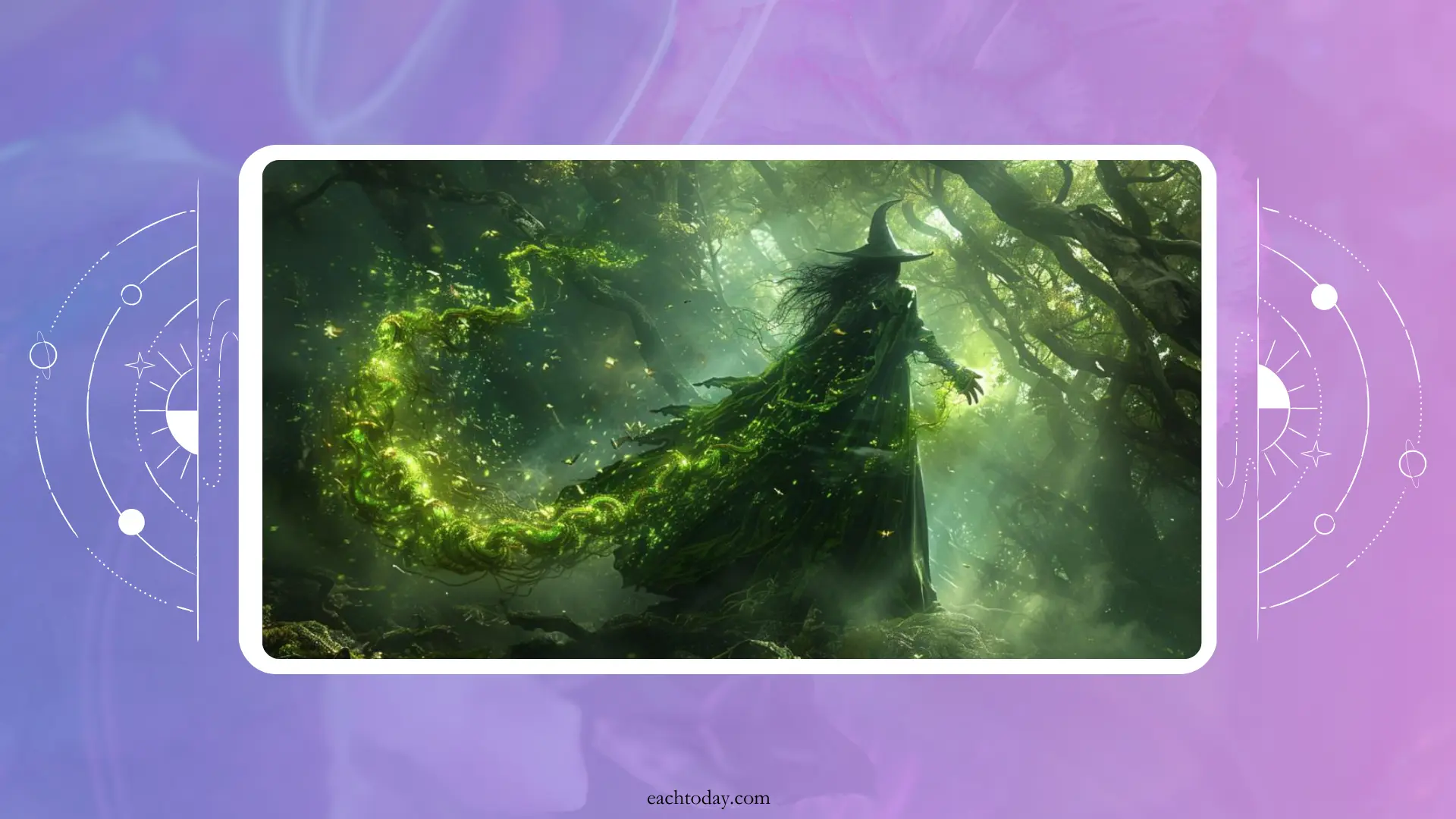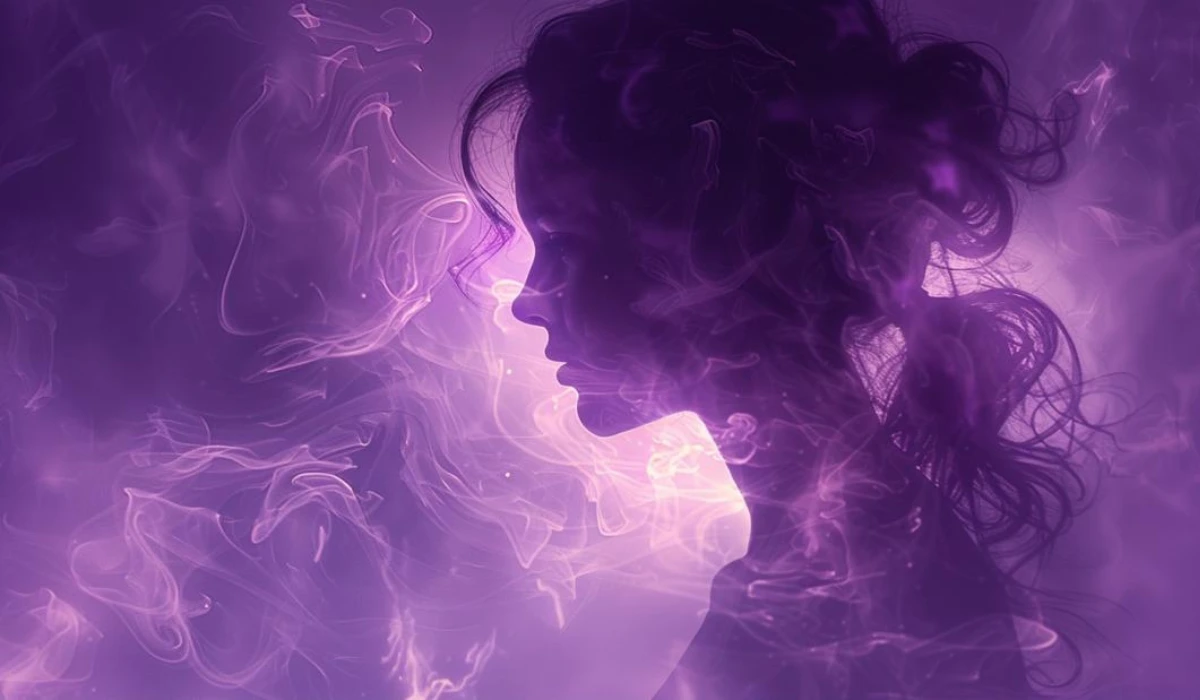Witchcraft has been a topic of fascination and controversy for centuries. It’s a subject that evokes a wide range of emotions and opinions, from curiosity and intrigue to fear and doubtfulness. As a psychic, I often encounter questions about the belief in witchcraft and its place in our modern world.
In this article, we’ll search through the domain of witchcraft, exploring its history, its various forms and the reasons why people may or may not believe in its existence. We’ll also examine the cultural and societal impact of witchcraft and how it continues to shape our understanding of the supernatural.
Whether you’re a believer or a skeptic, this article aims to provide you with a balanced and informative perspective on the topic of witchcraft. So, together let’s get into the captivating world of witchcraft.
What is Witchcraft?
Witchcraft is the practice of using supernatural powers or magic, often associated with the calling on of spirits or deities. It encompasses a wide range of beliefs and practices, varying across different cultures and periods.
Is Witchcraft real?
The reality of witchcraft is a matter of personal belief. Some people firmly believe in the existence of witchcraft, citing personal experiences or cultural traditions. Others view it as a superstition or a product of imagination.
What are the different types of Witchcraft?
Witchcraft can take many forms, including Wicca, voodoo, hoodoo and traditional witchcraft. Each type has its own unique beliefs, rituals and practices.
Can anyone become a Witch?
While some believe that witchcraft is an innate ability, others believe that anyone can learn and practice witchcraft. However, it requires dedication, study and a genuine interest in the craft.

Is Witchcraft always associated with evil?
Contrary to popular belief, witchcraft is not inherently evil. Many practitioners of witchcraft focus on using their powers for healing, protection and personal growth. However, like any tool, witchcraft can be used for both positive and negative purposes.
How has Witchcraft been perceived throughout history?
Throughout history, witchcraft has been met with fear, persecution and misunderstanding. The infamous Salem witch trials and the European witch hunts are examples of the tragic consequences of witchcraft accusations.
What role does Witchcraft play in modern society?
In modern times, witchcraft has experienced a resurgence of interest. Many people turn to witchcraft as a means of spiritual exploration, self-empowerment and connection with nature.
Can Witchcraft be used for healing?
Yes, many practitioners of witchcraft believe in the power of spells, rituals and herbal remedies for physical, emotional and spiritual healing. However, it is important to note that witchcraft should not replace professional medical treatment.
Is Witchcraft compatible with other religious beliefs?
The compatibility of witchcraft with other religious beliefs varies. Some people incorporate elements of witchcraft into their existing religious practices, while others view it as a distinct and separate belief system.
What should one consider before exploring Witchcraft?
Before delving into witchcraft, it is crucial to approach it with an open mind, respect for its history and traditions, and a willingness to learn. It is also important to be aware of the potential risks and to practice witchcraft responsibly and ethically.
Conclusion
In conclusion, the belief in witchcraft is a complex and multifaceted topic that has captured the imagination of people for generations. Whether you believe in the existence of witchcraft or not, it is undeniable that it has left an unerasable mark on our cultural and historical landscape. From the ancient practices of our ancestors to the modern-day revival of interest in the craft, witchcraft continues to evoke a sense of mystery and fascination.
As we’ve explored throughout this article, witchcraft is not a rigid entity, but rather a diverse array of beliefs and practices that vary across cultures and time periods. It encompasses both the light and the dark, the healing and the harmful, and everything in between.
Ultimately, the question of whether to believe in witchcraft is a deeply personal one. It requires a willingness to explore the unknown, to challenge our preconceived notions and to open ourselves up to the possibility of the extraordinary.
So, as we conclude this exploration of witchcraft, I invite you to reflect on your own beliefs and experiences. Have you ever encountered something that defied explanation? Have you ever felt a connection to the supernatural or the mystical? These are the questions that lie at the heart of the enduring fascination with witchcraft.
Whether you choose to embrace the craft or view it with skepticism, one thing is certain: the power of witchcraft lies not in its ability to grant us supernatural abilities, but in its capacity to inspire us to review the depths of our own consciousness and the mysteries of the universe. So, what do you believe?
